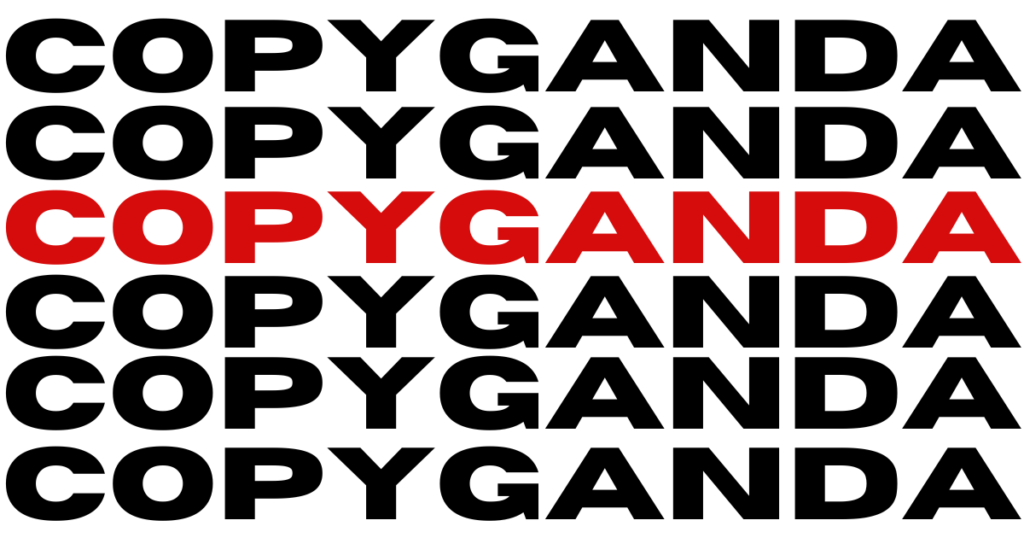
The Amusement Park Model of Successful Info-Business Building
“World building” has become quite a hot topic in the info-business world as of late. Or the idea of building your brand’s very own “universe”.
Worlds. Universes. It all sounds pretty hifalutin. And how exactly does it relate to building an info-business?
If the idea of world or universe creation seems daunting, as it did to me, consider building yourself an amusement park instead.
Here’s what I mean.
Amusement parks (in case the only person who’s never heard of one before happens to be reading this) have a variety of different rides, games, and other forms of entertainment. The most famous examples would be Disneyland or Universal Studios.
They have different sections that appeal to different people depending on how they feel and what they want to experience.
There are high-intensity rides like roller coasters or water slides, for the real big-time thrill seekers. (Think of these like the high-ticket offers you sell.)
Then there are the mildly intense rides like a Ferris wheel or a small “kiddie” rollercoaster for people who are a little hesitant or perhaps are “beginners” and haven’t been on any rides before. (These are like your mid-ticket and/or subscription products.)
Other than rides, there are all sorts of different games – from games of chances like duck pond where players choose one of many random floating rubber ducks and underneath it will say whether they’ve won or not, to games of skill like the balloon and dart game where you throw darts to pop balloons and win prizes. (These could be your low-ticket items.)
Then of course amusement parks all have copious amounts of food and various bits of merchandise you can get as a memento of the whole experience. (This might be the free content you provide or maybe even literal merchandise.)
The point in describing all of this is that all of these ideas can be used as an analogy for your business.
Imagine your products as “rides” or “attractions” in your amusement park.
That’s not to say that your products need to make your customers’ hearts beat out of their chests and hurl them around at multiple miles per hour. But think about the flow of the experience you want your customers to have and provide them with options that go well together.
For instance, in a real amusement park, someone might start by going on a merry-go-round. The person who wants to have a successful amusement park asks themselves, “After going on the merry-go-round, what ride would they most likely want to go on next?” Some rides lead naturally to the next one. Perhaps they’d like to go on the rollercoaster next, or the “graviton”.
Or, what if they didn’t like the merry-go-round?
They might want to keep their feet on the ground and play a simple ball toss game instead.
It’s the same with your products. Take one of your products and think, “What would be the next logical step for someone who loves this product? And what if this one was too much for them – what would they want help with if that were the case?”
Maybe your customers want to go on the same ride multiple times. You could make a series of products that are similar but different enough so people keep coming back again and again.
And what is your business’s equivalent to food? Do you offer bite-sized “snacks” for the customers in your market who are looking for something to “eat”?
The possibilities are endless.
This quick article only scratched the surface of how the concept of building an amusement park can be used to transform not only how you think about your info-business, but your whole concept of customer experience related to your business as well.
And once your theme park is built, you always have the option of expanding it into its own world, or universe, if you really want to.
FREE ADMISSION!
One ticket to a thrilling daily marketing and persuasion amusement “ride”…
First come, first serve —
just fill out the form below!